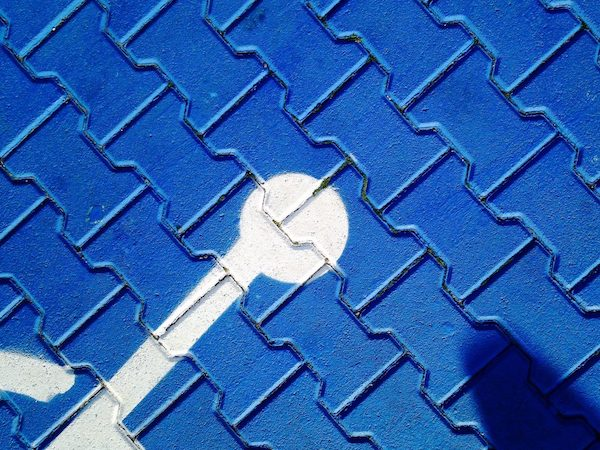The FUTUR.E.S Innovation Festival (formerly Futur en Seine) organized by the Cap Digital competitiveness cluster will take place this year from June 21 to 23 at the Grande Halle de la Villette in Paris. This year, the issue of digital inclusion is addressed, particularly from the perspective of disability. This theme will be integrated in a transversal way: "The projects presented have a specific as well as a universal scope of use, that's why you will find demos in a transversal way, "included" in each of the five other tracks, in addition to a specific space". Startups offering inclusive digital solutions and services will be present and the theme of disability will be the subject of several conferences.
The program is described on the Festival website:
WE TOUCH, WE EXPERIMENT
- Hol'Autisme fromActimage, an educational and medical solution using mixed reality to help young autistic people develop their social skills in a safe environment.
- The Fabricarium, the wheelchair verticalisator of Fablab Polytech'LilleThis wheelchair allows the user to stand up according to his needs and offers a greater mobility, for a much lower price.
- GaspardGaspard is a connected mat from Captiv that is placedunder an anti-bedsore cushion of the chair. Thanks to a mobile application and Bluetooth, it detects the time spent, the positioning and the inactivity of the user to avoid skin problems.
- Ordyslexiean intuitive digital schoolbag designed by a team of engineers to give dyslexic children back their confidence.
- To be found in the Vivant course: OrCamOrCam, a portable artificial vision device designed to help people who are blind, visually impaired, or have reading difficulties.
- To be found in the Kids Revolution:DysApp course of Tralalerea device to identify and accompany children with motor disorders in the acquisition of a written language.
- To be found in the course AI, data, algorithms: Ava, an application that can subtitle conversations with the participants' smartphone. Allows to make exchanges accessible in real time.
- To be found in the Territories section: Artilaimagined Streetcothe first pedestrian GPS that adapts to the movements of people with reduced mobility and disabilities.
WE TALK ABOUT IT
- AI for machine translation and linguistic accessibility: bridges with the Deaf world
- Bigger - and better? Can tech lead to fairer and sustainable megalopolises?
- Hacking the accessibility of territories
- The future of interfaces: invisible interfaces?
AT THE MICRO
- Adrien Meslet, director of Ava France, who created an application for the deaf and hard of hearing that allows them to subtitle conversations
- Lauren Thévin, Inria researcher, specialized in mixed reality (AR/VR) for people with visual impairment
- Bastien Didier, artist specialized in brain-machine interfaces
- Héloïse Théro, trained in biology, is currently writing her thesis at the cognitive neuroscience laboratory of the École Normale Supérieure
- Audrey Sovignet, an alumna of arts deco and programming school Simplon.co, founded I Wheel Share in 2015, three years after the accident that left her brother Lucas a paraplegic. Her interview can be read here.
- Jérémie Boroy, general delegate of the Aditus Association, whose mission is to develop new accessibility models with all stakeholders. He is a member of the CSA diversity observatory.
Références :





